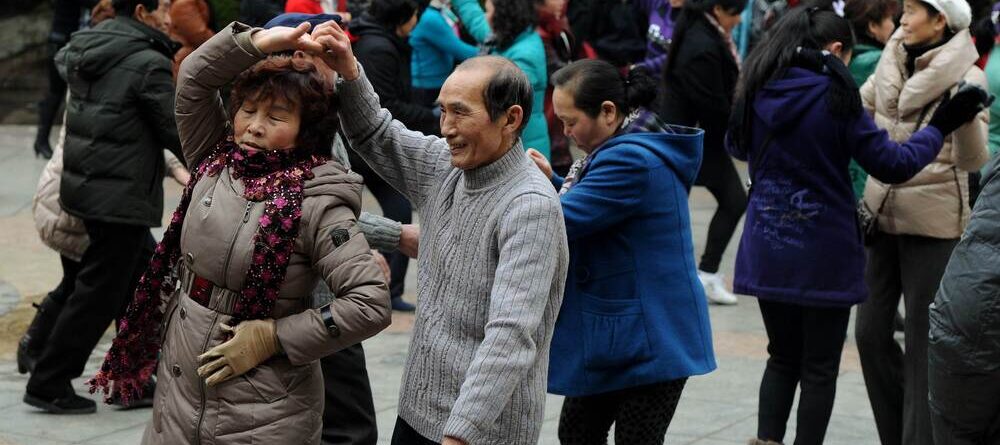China’s unique retirement plan: why children still matter when it comes to support in old age
At the end of last year, the number of people in China aged 65 and above reached 217 million, making up 15.4 per cent of the total population.
This has led to concerns that with rapid ageing, the existing pension system may fail to keep pace.
As a result, elderly people have turned to raising children to look after them in their old age.
This is commonly known as yang er fang lao. Here, the Post explains the phenomenon.
What is it ?
Simply put yang er fang lao is the process of raising children so they can offer the seniors support in their later years.
The state-run Chinese Academy of Sciences predicts that the national pension system will run out of funds by 2035.
This estimation was made before the Covid-19 pandemic lockdowns of 2019, which severely impacted the economy.
Shanghai had an average monthly retirement pension of 5,039 yuan (US$700) in 2023.
By comparison, many second and third-tier cities have pensions as low as 2,900 yuan.
Not everyone, such as farmers and the self-employed, has such cover, so for generations, Chinese society has relied on filial piety to care for its elderly.
This also means that many seniors move in with their children after retirement.
Origins
In ancient China’s agricultural economy, people lived off the land and relied on physical labour.
Old age brought diminished physical capabilities, so the solution was to have lots of children to ensure late-life care.
Parents have traditionally been revered, and children are taught to be “filial and grateful”.
Also, adult children have an obligation to support and assist their parents under Chinese law.
Pros and cons
Supporters think that yang er fang lao can improve the quality of life for the elderly.
“When kids were young, parents were their support, and as they grow older, they become the spiritual support for parents,” said Liu Yuhengwei, a 55-year-old former state-owned company employee in Wuhan, in central China’s Hubei province.
“But there must be consensus between the two generations, rather than forcing children,” added Liu.
Some critics also believe that this mindset will increase the economic burden on younger generations.
“I won’t deprive my child of independence and dignity. They are independent individuals,” said Zhang Yong, a 57-year-old college professor in Wuhan.
“I’m willing to spend my old age in a nursing home,” he added.
Emotional hostility
Scholars believe that traditional expectations for children to care for them in old age hampers the independence of the latter, worsening intergenerational conflicts.
For Chinese parents, children are their possessions, and they can decide everything for them.
However, the younger generation, which is financially self-sufficient, opposes this idea.
“Raising children for old age is a form of moral hostage taking under the guise of nurturing. This makes it difficult to exchange for genuine love,” said Juliet Ma, a 23-year-old student in Beijing.
Despite opposition from her family, Ma and her boyfriend insist on a DINK lifestyle, or double income, no kids.
When Ma’s mother asked angrily what she would do in old age without children, she said: “The savings from not having children will suffice for a luxury nursing home or travel during my golden years.”
Weakening
The yang er fang lao model is gradually losing its appeal, according to Lu Jiehua, a professor in the Department of Sociology at Peking University.
As a partial result, the number of only children in China exceeded 260 million by the end of 2021.
If a married couple are the only children, they will have to support at least four elderly parents.
Faced with this dilemma, numerous Chinese seniors are exploring alternative options to alleviate the pressure on their offspring.
Many choose a long-term stay in a specific location with a travelling group, known as sojourn retirement.
Hotel and community-based elderly care options have also gained popularity.
Read more @scmp











